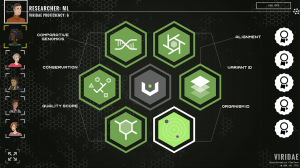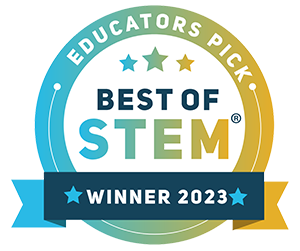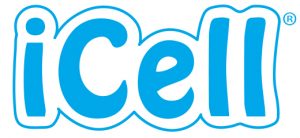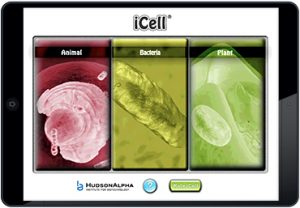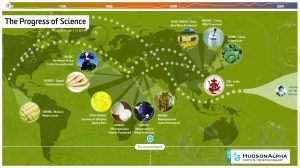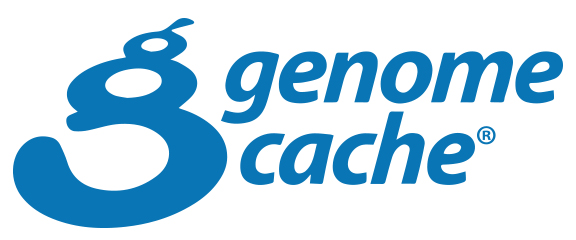Digital Resources
A suite of free digital and online activities developed at HudsonAlpha
HudsonAlpha iCell®
Why use flat images from a textbook when you can explore cell structure in 3D? HudsonAlpha iCell, one of Apple’s featured biology apps on the iTunes® Education market, allows students to explore representative plant, animal and bacteria cells with vivid 3D models. iCell is available on multiple platforms and has been downloaded over 3 million times around the world. Download iCell on your Apple® or Android® device, to your Windows 8® tablet, as a Mac® or Windows® program or visit icell.hudsonalpha.org.
The Progress of Science™
The Progress of Science is an online timeline that details over 200 major accomplishments and milestones in genetics and biotechnology during the past 10,000 years. The digital timeline is an interactive navigation tool that offers details on each major event and links out to other online resources where available. The timeline is frequently updated, keeping the content current for classroom discovery. Access the Progress of Science timeline at timeline.hudsonalpha.org.
GenomeCache®
Build your own genome, or walk ours! GenomeCache® combines the challenge of a scavenger hunt with the human genome. It allows anyone to create up to 20 walkable paths that explore the human genome with over 150 challenging questions, a leaderboard and themed paths. The digital activity combines clues, fun facts and trivia questions to create an engaging learning experience. Download GenomeCache at Apple®, Google Play or at genomecache.hudsonalpha.org.
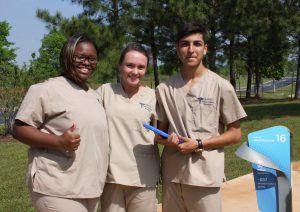
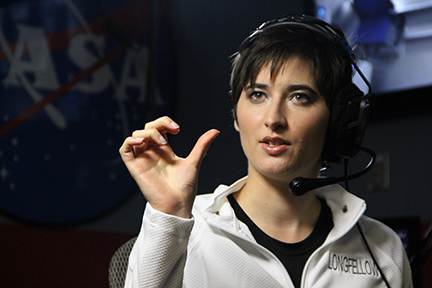
Touching Triton® 
With this engaging online interactive game, participants work together to ensure the health and safety of a deep space crew while learning about the genetics of common disease. Touching Triton teaches the complexity of common disease risk from family history, environment and individual genomic profiles. Players begin to understand how genetics and lifestyle choices affect their health. Visit triton.hudsonalpha.org to play.
*Touching Triton was made possible through funding from NIH Grant Number 8R25 0D018981-02, Lockheed Martin and HudsonAlpha Institute for Biotechnology.
Filtered
The HudsonAlpha Educational Outreach team is developing a new online learning tool to introduce students to bioinformatics and infectious disease. Filtered will give students an experience that mirrors real life to demonstrate the tools of the rapidly expanding field of bioinformatics – the science of collecting and analyzing complex biological data – and how it will help define the future of science. Filtered takes students on a journey of discovery as they are charged with researching a pandemic outbreak of a mysterious, fictional infectious disease. They’re asked to use a simulated bioinformatics program to compare genetic sequences of viruses to determine the ancestral origin of this novel and deadly pathogen.
Initial testing of this engaging computational biology activity will begin during the 2019 – 2020 school year. A digital version will be piloted in Alabama classrooms during the next two years by teachers trained to optimally implement the experience in a classroom. The free, web version and downloadable app will be available for public distribution in the fall of 2022.
*The development of Filtered is made possible through funding from the National Institute of General Medical Sciences of the National Institutes of Health under Science Education Partnership Award number R25GM129867. The content is solely the responsibility of the authors and does not necessarily represent the official views of the National Institutes of Health.

